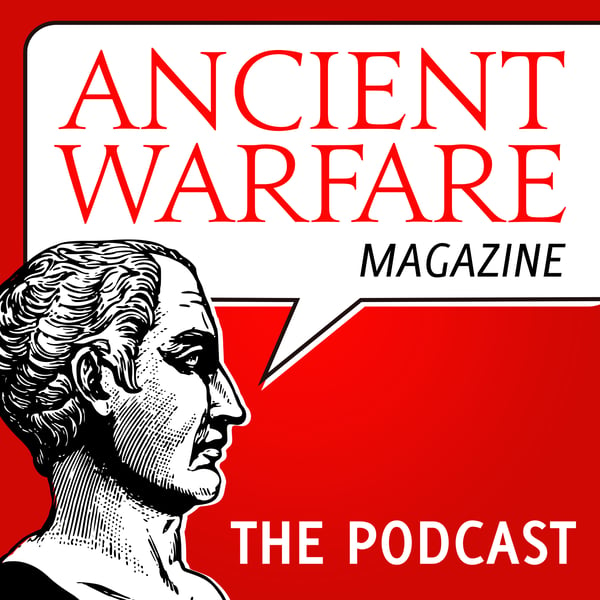Attack of the Celts: Confronting the Classical World
Ancient Warfare Podcast
The History Network
4.4 • 631 Ratings
🗓️ 8 November 2013
⏱️ 56 minutes
🧾️ Download transcript
Summary
Jasper, Josho, Michael and Lindsay discuss the meaty topic of the Celts in the classical world (issue VI 6).
"In 106 BC, a Roman army captured the Gallic stronghold of Tolosa and appropriated a vast treasure hoard. It was soon claimed that they had recaptured the spoils that a band of marauding Gauls had originally looted from the Greek sanctuary at Delphi in 279 BC. The claim, while dubious at best, nonetheless illustrates the ancient tendency to lump Celtic peoples together, treating separate raids by distinct peoples as part of a single menace. In the ancient retelling, both Rome and Greece were sacked by a chieftain named Brennus (albeit in different centuries), a neat onomastic coincidence that is likely too good to be true." MoreTranscript
Click on a timestamp to play from that location
| 0:00.0 | Welcome to the Ancient Warfare Magazine podcast produced by the History Network. If you have any |
| 0:06.4 | comments or ideas, email editor at ancient-warfare.com. And for other discussions, check out the |
| 0:15.4 | ancient warfare forum, which you can find a link to at www.w.com. |
| 0:23.9 | You can also find all the History Network podcasts by going to www.thehistorynetwork.org. |
| 0:33.3 | Welcome, everybody. We're back with another ancient warfare magazine podcast slash vidcast. |
| 0:39.6 | And joining me today are Michael Taylor. Hi Michael. Lindsay Powell. |
| 0:45.0 | Hello. Lindsay. Hello. And Joshua Browers. Hello. Hello. Hello. |
| 0:51.4 | Today we're discussing ancient warfare issue 6.6. |
| 0:54.8 | We're behind a little bit. |
| 0:57.0 | Entitled, Attack of the Celts. |
| 0:58.9 | And we've got a little introduction right here. |
| 1:03.1 | Now, it is important right off the bat to note, |
| 1:06.1 | but the Celts did not identify themselves as a single people or culture in the same way that, say, the Greeks did. |
| 1:13.3 | There was no pan-Celtic identity, although some tribes did form local alliances and regional confederacies. |
| 1:21.3 | Indeed, the Celts were in some ways constructed twice by outsiders, |
| 1:26.8 | first through the crude lens of ancient ethnography, |
| 1:30.3 | and again through the modern enthusiasms of national historians, particularly the French and the Irish. |
| 1:37.3 | Nonetheless, I will say that we can make some generalizations about the Celtic peoples of the ancient world. They spoke an Indo-European |
| 1:45.7 | language descended from proto-Celtic and possessed certain shared cultural characteristics, |
| 1:51.9 | including, with admittedly some exceptions, a broad geographic band of material culture |
| 1:57.4 | referred to by archaeologists as Latin. |
| 2:06.9 | Now, the origins of the Celts are obscure, although certain archaeologists and linguists today favor the notion that Celtic spread more through linguistic and cultural osmosis |
... |
Please login to see the full transcript.
Disclaimer: The podcast and artwork embedded on this page are from The History Network, and are the property of its owner and not affiliated with or endorsed by Tapesearch.
Generated transcripts are the property of The History Network and are distributed freely under the Fair Use doctrine. Transcripts generated by Tapesearch are not guaranteed to be accurate.
Copyright © Tapesearch 2025.

